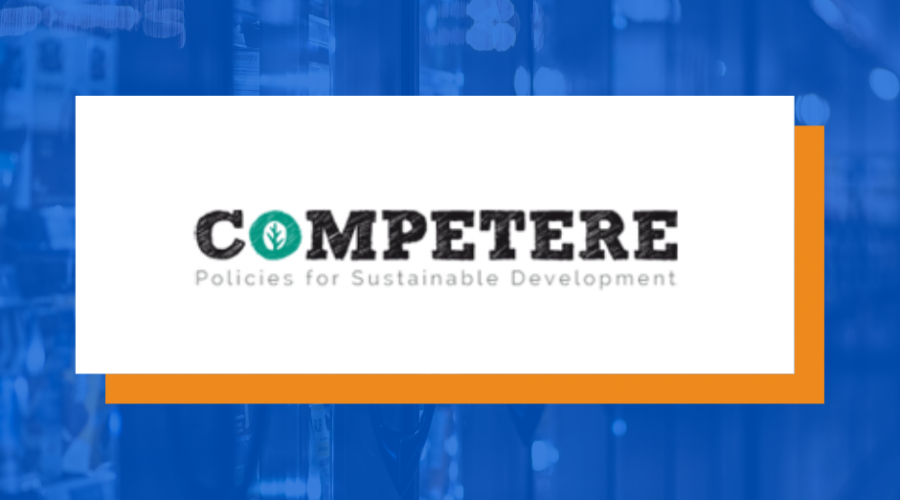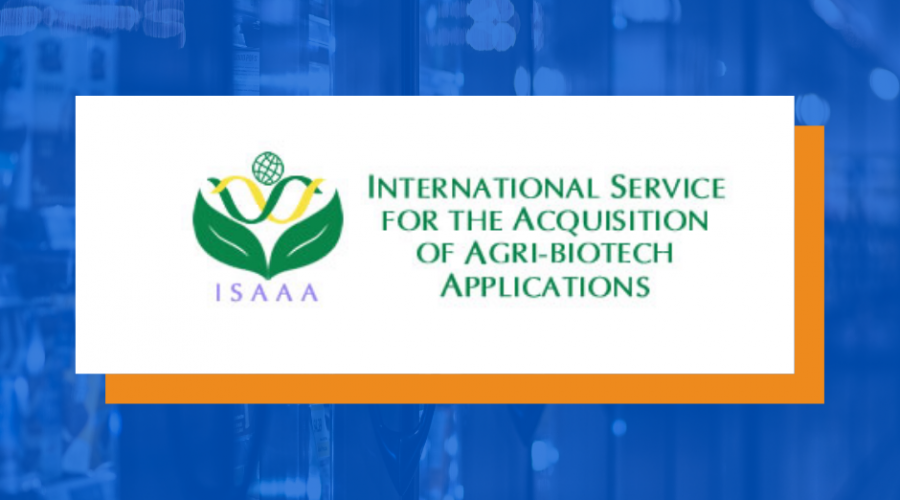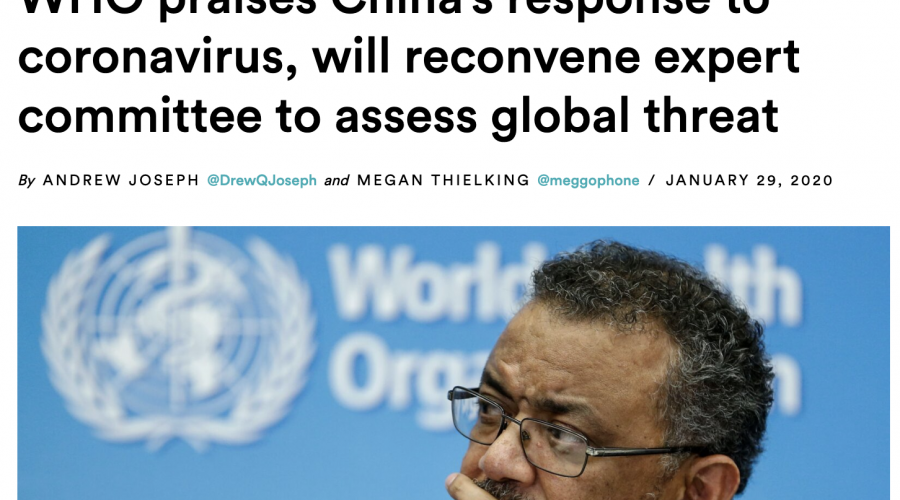È TEMPO DI RENDERE TRASPARENTE IL SETTORE FARMACEUTICO (TUTELANDO I BREVETTI)
La trasparenza nei prezzi dei farmaci può essere positiva per i consumatori, a patto che vada di pari passo con il riconoscimento dei diritti di proprietà intellettuale e il valore dei brevetti. Un processo più chiaro e poche regole certe potrebbero velocizzare l’approvazione dei farmaci più innovativi. Che cosa possono fare l’OMS, l’Unione Europea e i singoli stati membri (inclusa l’Italia)?
Nel 2019, l’Organizzazione Mondiale della Sanità (OMS) ha approvato una risoluzione – proposta, tra gli altri, da Italia, Spagna e Lussemburgo – intesa a rendere più aperti e trasparenti i mercati farmaceutici, che sono tipicamente caratterizzati da grande opacità e prezzi alti. Uno degli obiettivi di questa risoluzione è la progressiva diffusione al pubblico di informazioni sulla copertura brevettuale e il marketing status di nuovi prodotti farmaceutici, oltre all’ottenimento di maggiore chiarezza sul drug pricing.
Sorprendentemente, il Regno Unito – con Germania ed Ungheria – si è dissociato dalla risoluzione, proponendo di posporre la revisione al Gennaio 2020. Non è un caso che proprio il Regno Unito abbia un sistema di diffusione di informazioni su nuovi prodotti farmaceutici opaco e poco consumer friendly. Ogni anno, infatti, il Medicines and Healthcare products Regulatory Agency (MHRA), l’autorità nazionale preposta alla regolamentazione del settore farmaceutico, approva dozzine di prodotti (inclusi farmaci generici a basso costo), ma invece di notificare e rendere pubbliche informazioni sulla loro disponibilità e copertura brevettuale le tiene in buona parte nascoste. Per questa ragione i pazienti e gli operatori sanitari hanno difficoltà ad informarsi su quali farmaci siano o saranno presto disponibili sul mercato. Questo sistema si pone in controtendenza rispetto al trend internazionale di promuovere maggiore trasparenza e chiarezza. Sarebbe auspicabile quindi seguire le migliori pratiche internazionali e rilasciare pubblicamente più informazioni sui prodotti considerati per l’approvazione e sul loro statuto brevettuale.
Ad esempio, in Canada le Patented Medicine Regulations consentono il rilascio in tempo utile di queste informazioni, rendendo quindi i pazienti più informati su scelte di assistenza sanitaria. Inoltre, la maggiore trasparenza, come osservato dall’Organizzazione Mondiale della Sanità nel Pharmaceutical System Transparency and Accountability Assessment Tool, rende le decisioni pubbliche visibili e comprensibili al pubblico, rendendo quindi i governi più responsabili. Dal canto suo, L’Unione Europea ha da tempo adottato un simile meccanismo di notifica, che però riguarda solo alcuni tipi di medicinali innovativi e i farmaci orfani.
Purtroppo, in Italia manca una totale trasparenza di questo genere.Un governo aperto ed attento ai consumatori dovrebbe fornire ai pazienti, ai dottori e ai farmacisti le informazioni necessarie su quali prodotti siano in procinto di ricevere autorizzazione all’immissione sul mercato.
In conclusione, una maggiore trasparenza – in Italia ma anche altrove – su informazioni riguardanti lo statuto brevettuale e l’approvazione all’immissione sul mercato dei prodotti farmaceutici possa aiutare consumatori e pazienti in diversi modi: in primo luogo, rinforzando i diritti di proprietà intellettuale, verrebbe incentivato il rilascio di prodotti innovativi ed efficienti; in secondo luogo, una maggiore chiarezza potrebbe accelerare il processo di approvazione di farmaci generici a basso costo.
Una possibile soluzione per l’Italia può essere l’implementazione di un database online che non solo elenchi medicinali brevettati in tempo reale, ma che mostri anche quali autorizzazioni all’immissione sul mercato vengono richieste dai produttori di farmaci. Idealmente, questi ultimi farebbero domanda di autorizzazione all’immissione sul mercato sulla stessa piattaforma, punto di riferimento per pazienti, operatori sanitari e produttori.
Al tempo di TripAdvisor, Amazon e Ocado, è ora che le nostre pubbliche amministrazioni diffondano questo genere di informazioni. I pazienti, i dottori e, più in generale, i consumatori ne trarrebbero grandi benefici.
Originally published here.
The Consumer Choice Center is the consumer advocacy group supporting lifestyle freedom, innovation, privacy, science, and consumer choice. The main policy areas we focus on are digital, mobility, lifestyle & consumer goods, and health & science.
The CCC represents consumers in over 100 countries across the globe. We closely monitor regulatory trends in Ottawa, Washington, Brussels, Geneva and other hotspots of regulation and inform and activate consumers to fight for #ConsumerChoice. Learn more at consumerchoicecenter.org














